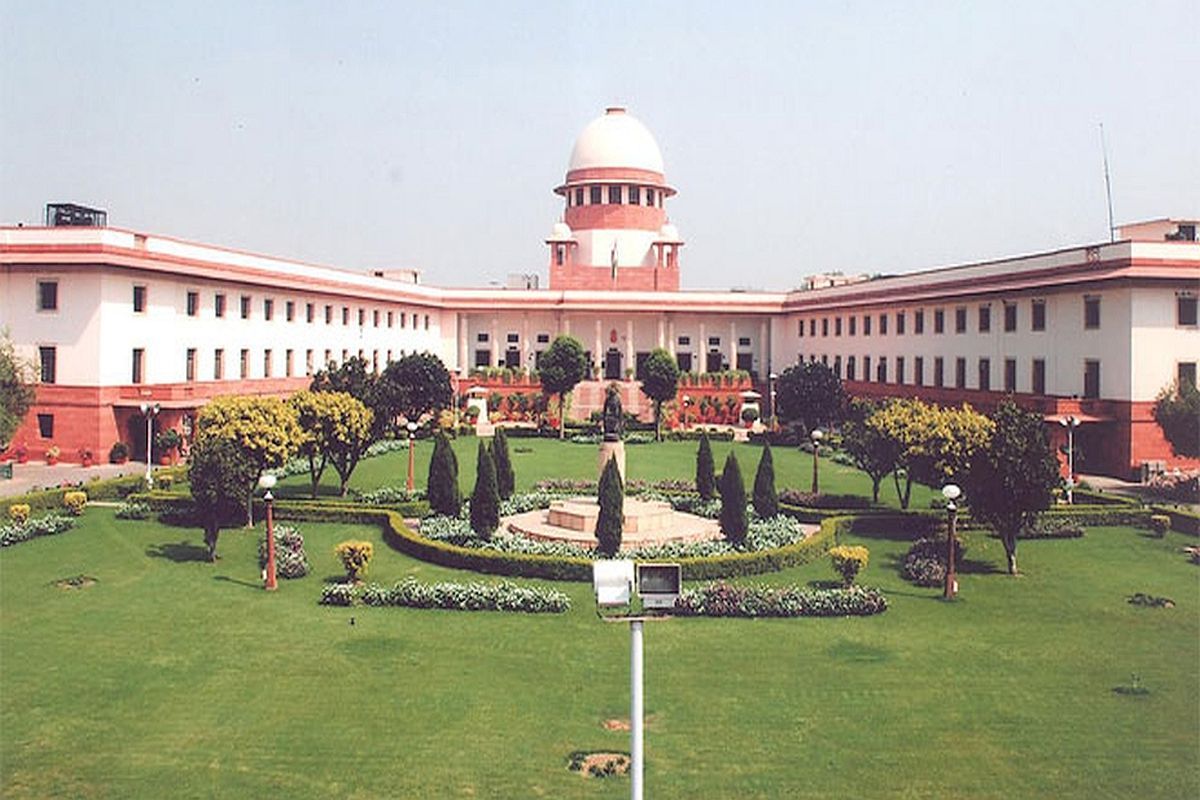India’s Got Latent: SC issues notice on YouTuber Ashish Chanchlani’s plea against FIRs
SC issues notice on YouTuber Ashish Chanchlani’s plea to quash or transfer FIR in India’s Got Latent case; tagged with Ranveer Allahabadia’s petition.
On March 20, last year, a two-judge bench had ruled that no one can be arrested under the Scheduled Castes and the Scheduled Tribes (Prevention of Atrocities) Act without prior permission.

Supreme Court (Photo: AFP)
The Supreme Court on Tuesday recalled its 2018 verdict that was virtually seen to dilute provisions of a law protecting Scheduled Castes and Tribes. This means the ban on immediate arrests on any complaint filed under the SC/ST Prevention of Atrocities Act, 1989, and the need for sanction before arrests linked to violation of the law stand withdrawn.
A bench of justices Arun Mishra, MR Shah and BR Gavai said the struggle of SC/ST people for equality is still not over in the country.
Advertisement
The bench said SC/ST people still face untouchability, abuse and are being socially outcast.
Advertisement
The apex court further said the Constitution provides for protection of SC/ST people under Article 15 but they still face social abuse and discrimination.
Dealing with the misuse of provisions of the SC/ST Act and lodging of false cases, the bench said it is not due to the caste system but due to human failure.
A three-judge Consitution Bench of the Supreme Court was reviewing its previous order.
On March 20, last year, a two-judge bench had ruled that no one can be arrested under the Scheduled Castes and the Scheduled Tribes (Prevention of Atrocities) Act without prior permission.
The court also ruled that anticipatory bail can be granted if “no prima facie case is made out or where on judicial scrutiny the complaint is found to be prima facie mala fide”.
The bench said a public servant can be arrested under the Act only after permission is obtained from the appointing authority.
In case the accused is not a public servant, the court said that the approval of the Senior Superintendent of Police (SSP) will be necessary.
Widespread violence was witnessed following the Supreme Court order on the SC/ST Act.
The Central Government then filed a review petition, but the Supreme Court didn’t immediately stay its verdict.
However, the Parliament on August 9 last year, passed a bill to overturn the apex court order concerning certain safeguards against arrest under the Scheduled Caste and Scheduled Tribe law. The Scheduled Castes and the Scheduled Tribes (Prevention of Atrocities) Amendment Bill was passed by the Rajya Sabha. It had got the nod of the Lok Sabha on August 6.
The amendments rule out any provision for anticipatory bail for a person accused of atrocities against SC/STs, notwithstanding any court order. They provide that no preliminary inquiry will be required for registering a criminal case and an arrest under this law would not be subject to any approval.
Advertisement